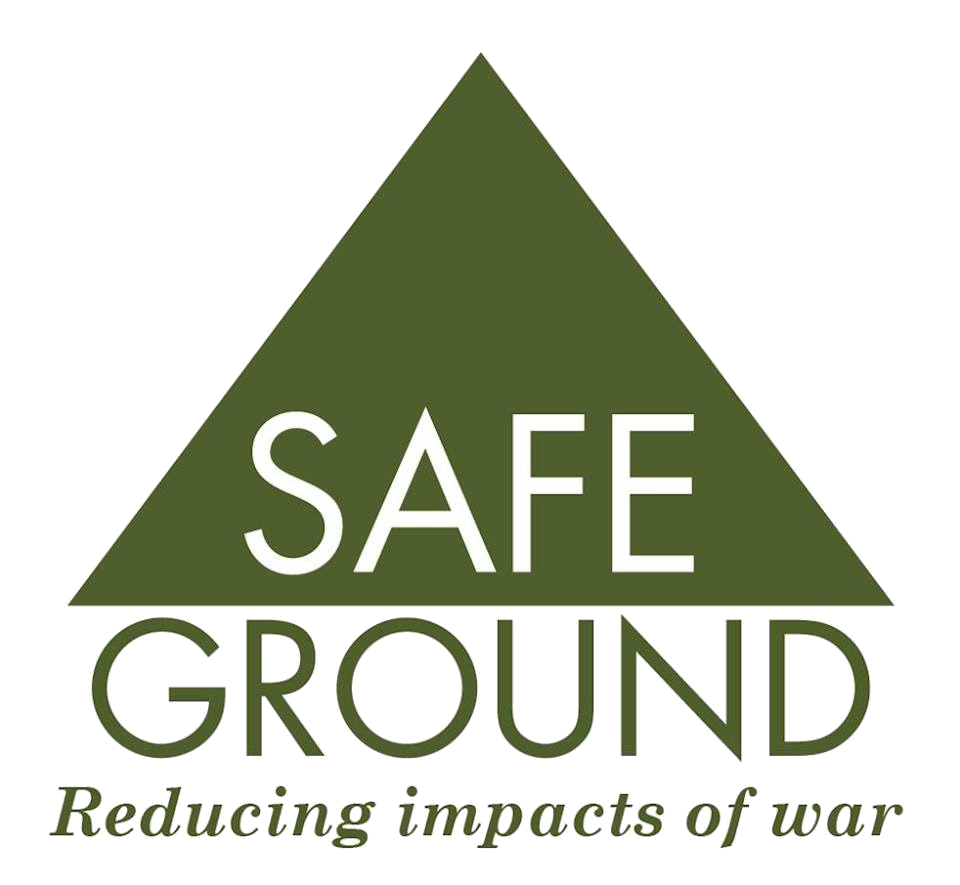John Rodsted
Pacific Islands Program CoordinatorHe has well established global contacts including the Pacific nations and has done extensive field research of the considerable damage done by WWII remnants of war. In 2013, John undertook a commission to produce a film for Cleared Ground Humanitarian Demining in Palau. As an AustCare ambassador he worked in East Timor in 2006 during the civil unrest, as well as in Bosnia, Kosovo, Afghanistan, Sudan, Eritrea, Georgia and many other countries of war.
John was team leader, co researcher and photographer for the 2012 SafeGround research project “In Search of SafeGround” that focused on NE Cambodia. A selection of his still photos from that project was exhibited at the Third Meeting of States Parties to the Convention on Cluster Munitions in Oslo in 2012.
John was also the photographer for the SafeGround publications “Claiming the Future– The Impact of UXO and Landmines in the LaoPDR” – in Coordination with UXO Lao and “The People’s Story”- in Coordination with the People’s Aid Coordinating Committee (PACCOM) in Vietnam.
Large research projects he has undertaken include eight weeks at the US film archive, NARA, in 2000 for the major documentary series “The Battleships”.
